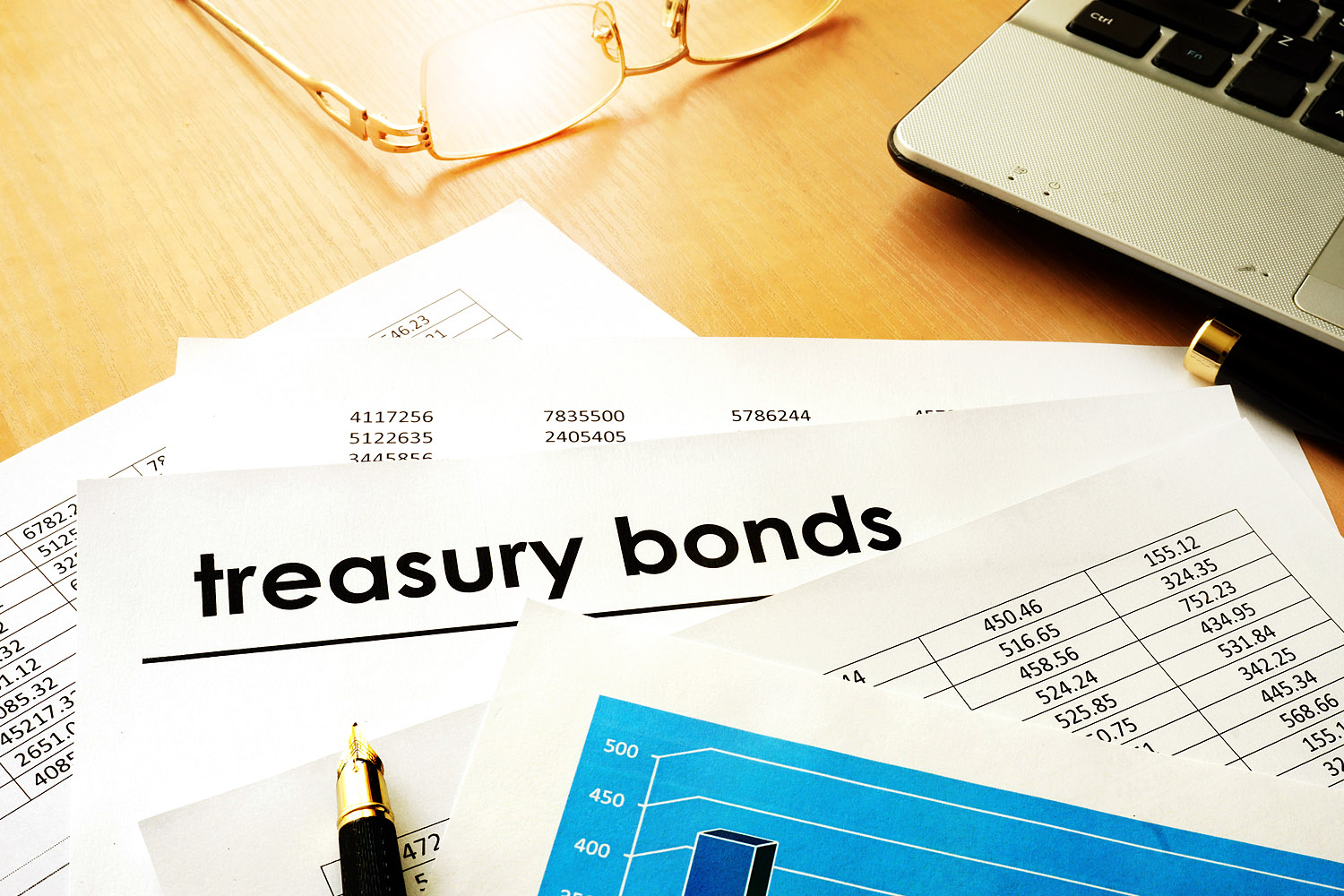“Fixed income investments” is a broad term referring to different types of investment securities that give investors fixed dividends or interest payments, until a specified maturity date.
Upon maturity, investors are paid back the principal amount that had been invested. In practice, the most common types of fixed-income investments are government and corporate bonds.
In this article, we will teach you all you need to know about fixed-income investments and whether they are the right fit for your financial goals.
Why Fixed Income Investments?
Unlike shares or other variable-income securities, the periodic payout from fixed-income investments is known at the time of investment, and it stays the same throughout the entire term of the investment.
Fixed-income investments are a popular option among investors, and there are even mutual funds that deal exclusively with a collective of fixed-income investments.
They are a great option for more conservative and cautious investors that are looking to diversify their income portfolio. Many conventional investors also invest significantly in fixed-income investments, some even making them 50% of their portfolio.
Types of Fixed-Income Investments
Also known as T-bills, these short-term fixed-income securities do not offer a fixed periodic payment. Instead, investors buy bills at a price less than the face value, and the difference is earned upon maturity of the T-bills.
In contrast to T-bills, treasury notes, or T-notes, pay a fixed periodic interest payment at a set interest rate. Upon maturity, which can be sometimes up to 10 years, investors are paid back the principal amount that was invested.
Similar to T-notes, the only real difference in T-bonds or treasury bonds reaches maturity in 20 to 30 years. While a much longer-term investment, investors do still get fixed interest payments periodically.
TIPS, or ‘Treasury Inflation-Protected Securities’, offer a great deal of security to investors through the principal payback. Upon maturity, the principal amount that was invested will be adjusted for inflation.
Municipal bonds are identical to treasury bonds, but instead of being issued by the federal government, they are issued at a lower level of government. Municipalities or counties issue municipal bonds to raise funds for local projects.
Municipal bonds do offer a lot of tax benefits to investors, and one can expect an affordable principal investment.
Corporate bonds are offered by companies at different principal investment amounts and interest rates, The principal and interest will largely depend on the financial stability and creditworthiness of the company.
Junk bonds are corporate bonds, but they have a higher risk of default. This risk is what causes the payout from these bonds to be at a much higher interest rate in comparison to conventional corporate bonds.
Certificates of deposit are offered by financial institutions, like banks, and usually have a maturity period of fewer than 5 years. The interest rate is higher though than what you’d find with savings banks with these very same banks.
Investing in Fixed-Income Investments
Investing in fixed-income investments is not difficult, especially in today’s digital age. Most brokers will offer fixed-income investments under their brokerage, and investors can even purchase units online.
You could invest in individual securities, for example investing some money in corporate bonds and the rest in treasury bills.
For investors not looking to invest in individual securities, there is also the option of investing in funds that deal exclusively with fixed-income investments, such as debt securities funds.
Regardless of what investors may choose, what is certain is that the options are quite wide and ways of investing are also quite simple with brokers and online portals.
The Benefits Of Fixed Income Investments
Investors can enjoy a steady stream of additional income with fixed-income investments, without needlessly locking up the principal amount and maintaining liquidity.
Since this income is guaranteed and fixed, it helps a great deal with financial planning. Because of this, fixed-income investments are a popular investment option for retirees who are depending on a fixed source of income.
Fixed-income investments are a lot more stable in comparison to shares or other variable-income investments. With shares, prices can fluctuate and, if the worst happens, companies can also fold.
Since fixed-income investments are mostly offered by government bodies, the risk of folding is quite low. Moreover, the fixed periodic interest payments offer relief that shares or other variable-income investments simply cannot.
As mentioned above, fixed-income investments offer a great deal of certainty.
Treasury bonds, T-bills, municipal bonds, and other government-issued securities have the backing of the government in question. This offers a reliable guarantee that there will be a payout, in both interest payments and principal repayment.
Also, while corporate bonds might not have the backing of any government, there is the financial viability of the company issuing the bonds to consider. Even if the company were to fold, bondholders would be given preference over common shareholders even.
Lower Risks
While advantageous in many ways, fixed-income investments also have some risks that investors should consider. The returns, while fixed, are still lower than the investment that is made.
Moreover, there is a credit and default risk exposure, especially with bonds issued by corporations or private entities. Bonds also tend to be susceptible to interest rate risks, meaning the market rates would rise and the rate paid by the bond falls behind.
Inflation also has an impact on fixed-income investments. If inflation rises, the gains from your investment will take a hit. TIPS and similar securities account for that, but TIPS are still susceptible to other risks.
Final Thoughts
There is no denying that fixed-income investments do hold a lot of advantages, but investors should still carefully consider all options before investing their money.
It helps to speak to professionals for matters like these. Renowned financial advisory firms such as Eastport Financial Group Inc, can help investors understand all investment options thoroughly, allowing them to make an informed decision that is best suited to their financial needs.


